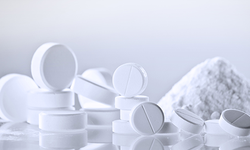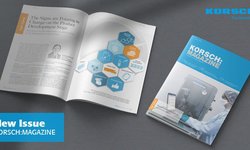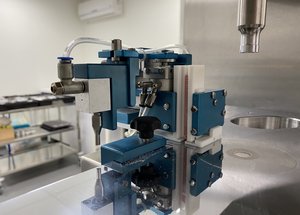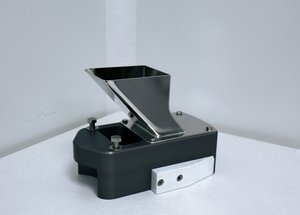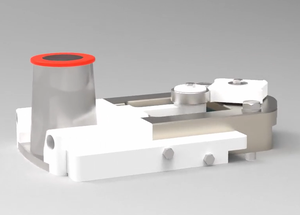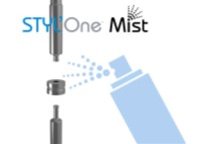Objective
The program is designed to introduce participants to the science and technology behind contemporary tablet formulation design and manufacture. It will cover cutting-edge advancements and techniques in tablet formulation design and manufacture. The comprehensive program will help you to design tablet formulations based on Scale-up and Post Approval Changes (SUPAC) guidelines and the Quality by Design (QbD) approach and discuss critical aspects such as risk assessments and design space development. Topics presented will provide a sound understanding of the physics of compaction and how to interpret the data from instrumented tablet presses, analyse the compaction cycle, and the importance of dwell time.
Continuous tablet production, application of artificial intelligence techniques for pharmaceutical product development, fundamentals of the tableting equipment, and proven solutions for addressing common tableting challenges will be discussed. The design of specialty tablets, e.g. multilayer tablets, orally disintegrating tablets and multi-unit dosage forms, will be introduced. Through hands-on demonstration with the compaction simulator, participants will gain insights into the characterisation, functionality and selection of tableting excipients, as the use of a compaction simulator will enable bridging theory with real-world application.
The program offers a unique combination of theoretical knowledge and hands-on demonstration training, making this an invaluable continuous learning and skills development opportunity for industry professionals and academics seeking to advance their expertise in tablet formulation and manufacturing. Don’t miss this chance to enhance your skills!
Who should attend
Industry professionals involved in R&D and manufacture of pharmaceutical products, e.g. those in:
- Production
- Quality assurance/Quality control
- Product formulation and development
- Contract manufacturing
- Pharmaceutical excipient marketing/technical sales
Those in allied industries and from academia (e.g. pharmacy/pharmaceutical science graduate students or faculty members) seeking to develop more specialised knowledge and skills in industrial pharmacy/pharmaceutical manufacturing.
Prior exposure to pharmaceutical manufacturing or a basic understanding of pharmaceutics/pharmaceutical technology would be beneficial but is not a prerequisite.
Theory presentations
The theory will be presented during the first 2 days, April 22nd and 23rd
- Effective product design, chemicals to cures
- Drug absorption in the gastrointestinal tract: physical, chemical and physiological factors with special reference to tablet formulations
- Formulation development strategies using SUPAC guidelines and QbD approach
- Risk analysis and design space determination
- Theory and practice of compaction
- Preformulation - characterisation, functionality, and selection of tableting excipients
- Preformulation - feed material requirements for tablet formulation
- Commonly used excipients by their functionalities
- Granulation processes for designing tableting feed
- Key challenges in equipment selection for unit processes in tableting
- Theory of and challenges in continuous tablet production
- Lubrication issues in tableting
- Common tableting problems: causes and solutions
- Tablet quality evaluation
- Specialty tablets – multilayer tablets & ODTs
- Mini-tablets and Multiple Unit Pellet System (MUPS) tableting
- AI in pharma – AI techniques & case studies
Practice sessions

After a short presentation entitled "STYL’One Compaction Simulators: a tool for accelerated tablet development and efficient production support", Lucile Kubiak from the MEDELPHARM Science Lab will be conducting the hands-on sessions, illustrating practical applications of a compaction simulator throughout the tablet life cycle.




